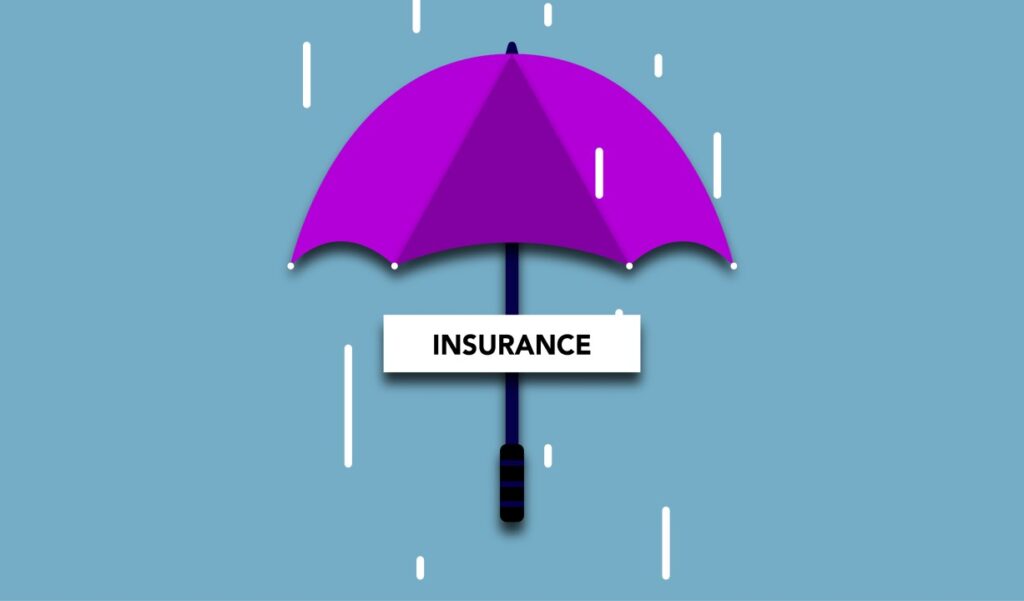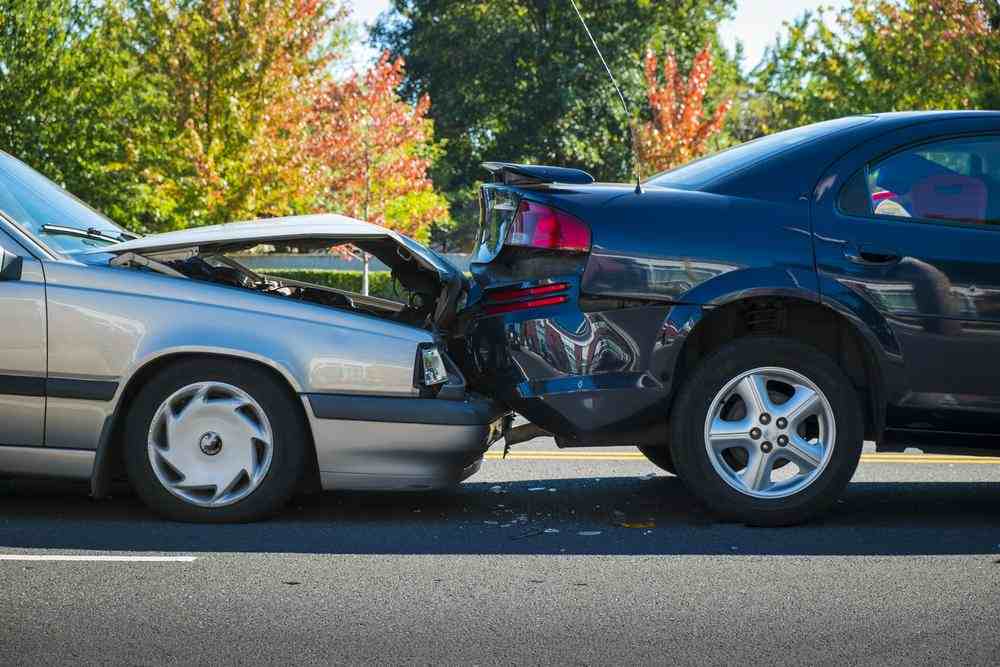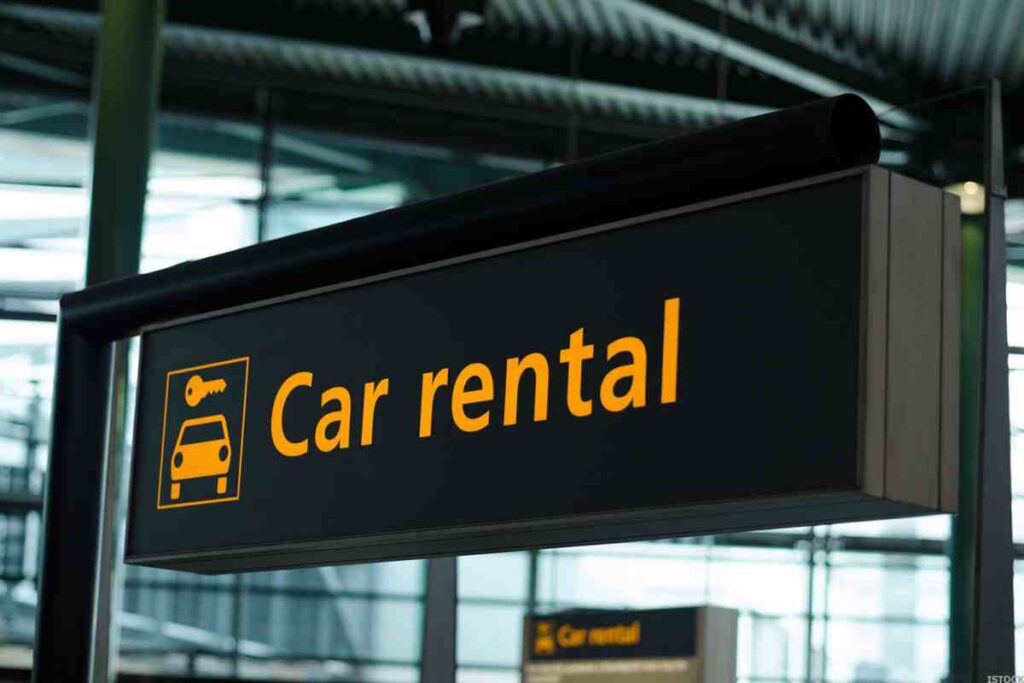It was a crisp autumn evening when Rajesh, a successful entrepreneur, was driving home after a long day at work. As he planned his upcoming family vacation, a car suddenly ran a red light and collided with his vehicle. The impact was jarring, and Rajesh’s world turned upside down. Though neither he nor the other driver was seriously injured, the aftermath was overwhelming—medical bills, repair costs, and a lawsuit filed against him. His auto insurance covered some expenses, but it wasn’t enough.
In this chaotic moment, Rajesh recalled a conversation about umbrella insurance, which provides additional liability coverage beyond his existing policies. But now, after the accident, he wondered if it was too late to get this crucial protection.
Rajesh’s situation is not unique. Many face similar challenges after an accident, questioning if they can obtain umbrella insurance afterward. In this article, we’ll explore this pressing issue, the process involved, and how umbrella insurance can still offer peace of mind even after an unexpected event.
What is Umbrella Insurance?

Umbrella insurance is a type of liability insurance that provides extra coverage beyond the limits of your existing policies, such as auto or homeowners insurance. It’s designed to protect you from major claims and lawsuits, offering an additional layer of security for your assets and future earnings.
Imagine umbrella insurance as a safety net that catches you when your primary insurance policies reach their limits. For instance, if you’re involved in a severe car accident and the damages exceed your auto insurance coverage, umbrella insurance can step in to cover the remaining costs. This can include medical bills, legal fees, and even compensation for the other party involved.
Why Rideshare Insurance Costs More
One of the key benefits of umbrella insurance is its broad coverage. It doesn’t just cover incidents related to your home or car; it can also protect you from personal liability situations, such as defamation, false arrest, or even accidents that occur on your property. This makes it a versatile and valuable addition to your overall insurance plan.
Benefits of Umbrella Insurance
Umbrella insurance offers several significant benefits that can provide peace of mind and financial protection. Here are some key advantages:
1. Additional Liability Coverage
Umbrella insurance provides extra liability coverage beyond the limits of your existing policies, such as auto, homeowners, or boat insurance. This means if you’re involved in a major incident and the costs exceed your primary insurance limits, umbrella insurance can cover the remaining expenses.
2. Broad Protection
This type of insurance covers a wide range of scenarios, including personal liability situations that aren’t typically covered by standard policies. For example, it can protect you against claims of defamation, false arrest, libel, slander, and even liability on rental properties you own.
3. Cost-Effective
Despite offering substantial coverage, umbrella insurance is relatively affordable. Policies usually start around $200 per year for $1 million of coverage. This makes it a cost-effective way to significantly increase your liability protection.
4. Protection of Assets
Umbrella insurance helps protect your assets, such as your home, savings, and investments, from being used to pay for legal judgments against you. This is particularly important for individuals with significant assets or high net worth.
5. Coverage for Legal Fees
In the event of a lawsuit, umbrella insurance can cover legal fees, which can be substantial. This includes attorney fees, court costs, and other legal expenses that might arise during the defense of a claim.
6. Worldwide Coverage
Many umbrella insurance policies offer worldwide coverage, meaning you’re protected no matter where an incident occurs. This is particularly beneficial for those who travel frequently.
Unemployment and Car Insurance Costs
By providing these benefits, umbrella insurance acts as a crucial safety net, ensuring that unexpected events don’t lead to financial ruin. It’s a valuable addition to any comprehensive insurance plan, offering extensive protection at a relatively low cost.
Can You Get Umbrella Insurance After an Accident?
Yes, you can get umbrella insurance after an accident. This type of insurance can provide additional coverage above and beyond your regular auto insurance policy. It can help to pay for things like medical bills, property damage, and legal fees if you are involved in an accident.
However, it’s important to note that your insurance company will not pay out damages if the other driver were at fault and his insurance can take care of all the expenses. So, while you can access your umbrella insurance policy if you were injured in a car accident, it’s only under certain conditions.
Also, an umbrella policy can provide financial protection if your liability insurance is maxed out after a car accident. If you have significant assets or drive frequently with others in the car, you might consider an umbrella policy in addition to your regular car insurance.
Remember, the purpose of umbrella insurance is to protect your assets and future earnings from large and potentially devastating liability claims or judgments.
Timing & Eligibility for Umbrella Insurance After an Accident
You can apply for umbrella insurance at any time, even after an accident. However, it’s generally recommended to have umbrella insurance in place before any incidents occur to ensure you’re fully protected. If you apply after an accident, the insurance company will review your claims history and driving record, which might affect your eligibility and premiums.
Eligibility for umbrella insurance after an accident can depend on several factors:
- Existing Coverage: Umbrella insurance provides additional liability coverage beyond the limits of your existing policies, such as auto or homeowners insurance. If you have an accident and your primary insurance covers the damages, the umbrella policy can kick in if the costs exceed your primary policy’s limits.
- Fault and Claims: If you were at fault in the accident, your umbrella insurance could help cover the excess liability. However, if the other driver was at fault and their insurance covers all expenses, your umbrella policy might not be needed.
- Policy Conditions: Insurance companies may review your driving history and claims record when determining eligibility and premiums for umbrella insurance. A history of accidents or violations might affect your eligibility or the cost of the policy.
- Coverage Scope: Umbrella insurance can cover various liability claims, including bodily injury, property damage, and even certain lawsuits like slander or libel.
Remember, the purpose of umbrella insurance is to protect your assets and future earnings from large and potentially devastating liability claims or judgments.
Steps to Obtain Umbrella Insurance After An Accident

Here are the general steps to obtain umbrella insurance after an accident:
- Report the Accident: If you have been in an accident, the first step is to file a police report if there was any damage done.
- Contact Your Insurance Company: The next step is to contact your insurance company and let them know what happened. Your insurance company will then give you a list of options for umbrella insurance policies.
- Check Existing Policies: Ensure your existing auto, homeowners, or watercraft policies meet the minimum liability requirements set by the umbrella insurer. For example, you might need to have at least $300,000 in your homeowners insurance policy and $250,000 for injuries and $100,000 for property damage in your auto insurance policy.
- Request an Umbrella Insurance Quote: A good first step is to call your current auto and home insurer and request an umbrella insurance quote. Remember that you may have to increase the coverage limits on your underlying policies, which could raise your total cost.
- Compare Quotes: It’s always a good idea to shop around. Get quotes from at least three insurers before making a decision.
- Consider Coverage Details: When comparing umbrella insurance options, consider the coverage details and maximum limits.
Hatchbacks vs. Sedans: Insurance Costs
By following these steps, you can secure umbrella insurance that provides comprehensive protection for your assets and peace of mind.
What Does Umbrella Insurance Cover and What Doesn’t?
Umbrella insurance is a type of personal liability insurance that provides coverage beyond the limits of your regular insurance policies, such as homeowners, auto, or watercraft insurance. Here’s what it typically covers:
- Bodily Injury Liability: Medical costs for injuries to others in an accident you caused.
- Property Damage Liability: Costs for damages to someone else’s property.
- Legal Fees: Costs associated with lawsuits, including lawyer fees and court costs.
- Personal Liability Situations: Incidents like libel, slander, defamation, and false arrest.
- Rental Property Liability: Claims that may arise from your rental properties.
However, there are certain things that umbrella insurance does not cover:
- Your Own Injuries: Medical expenses for injuries you sustain.
- Intentional Damage: Damage or harm you intentionally cause.
- Business-Related Liability: Claims related to business activities (unless specified in the policy).
- Contractual Liabilities: Obligations or disputes arising from contracts.
- Certain High-Risk Activities: Some high-risk activities may be excluded unless specifically covered.
Remember, the purpose of umbrella insurance is to provide additional liability coverage beyond what your regular insurance policies offer. It can protect your assets and future earnings from large and potentially devastating liability claims or judgments.
How Much Does Umbrella Insurance Cost?
The cost of umbrella insurance can vary based on several factors, including the amount of coverage you need, your location, and your risk profile. On average, umbrella insurance costs around $380 per year for $1 million in coverage. However, prices can range from as low as $200 to over $1,000 annually, depending on the coverage limits and specific circumstances.
Who Needs Umbrella Insurance?
Umbrella insurance is typically recommended for individuals who have considerable assets or engage in activities that could increase their risk of being sued. Here are some specific situations where umbrella insurance might be needed:
- High Net-Worth Individuals: Those with significant assets that could be at risk in a lawsuit.
- Homeowners: Especially those with properties that could pose liability risks, like pools or trampolines.
- Parents of Teen Drivers: Given the higher risk of accidents with inexperienced drivers.
- Landlords: To protect against liability claims from tenants or property-related incidents.
- Business Owners: Particularly those who interact frequently with the public or clients.
- Individuals with High Public Profiles: Those who may be more susceptible to lawsuits due to their visibility.
- Recreational Vehicle Owners: Such as boats, ATVs, or snowmobiles, which can pose additional risks.
- Frequent Hosts: People who regularly entertain guests, increasing the likelihood of accidents on their property.
Essentially, anyone who wants to safeguard their assets and ensure financial security in the face of unforeseen liability claims should consider umbrella insurance.
How Much Umbrella Insurance Do You Need?
Determining how much umbrella insurance you need involves assessing your assets and potential liability risks. A good starting point is to add up the value of your property, savings, and investment accounts. This total represents the amount you could potentially lose in a lawsuit. Next, review the liability coverage you already have through your existing policies, such as auto and homeowners insurance. The difference between your total assets and your current liability coverage is the minimum amount of umbrella insurance you should consider.
For example, if your total assets amount to $1.5 million and your existing liability coverage is $500,000, you would need at least $1 million in umbrella insurance to cover the gap. It’s also wise to consider your risk of being sued. If you have a higher risk due to factors like owning rental properties, having a swimming pool, or frequently hosting guests, you might want to increase your coverage accordingly.
Why is Uninsured Motorist Coverage So Expensive?
Most umbrella insurance policies start at $1 million in coverage and can go up in $1 million increments, typically up to $5 million or more. This flexibility allows you to tailor the coverage to your specific needs and financial situation.
FAQs
Q 1. How much umbrella insurance coverage do I need?
Ans. The amount of coverage you need depends on your net worth and potential risks. A common recommendation is to have enough coverage to protect your total assets, including your home, savings, and investments.
Q 2. Does umbrella insurance cover my whole family?
Ans. Yes, a personal umbrella policy typically extends to other members of your household, such as your spouse and children, as long as they are listed on the policy.
Q 3. Is umbrella insurance just for the wealthy?
Ans. No, umbrella insurance is beneficial for anyone who wants to protect their assets from significant liability claims. Lawsuits can happen to anyone, and having umbrella insurance can provide financial stability in unexpected situations.
Q 4. Is umbrella insurance expensive?
Ans. Umbrella insurance is relatively affordable. Policies typically start around $200 to $300 per year for $1 million of coverage, making it a cost-effective way to increase your liability protection.
Q 5. Can I get umbrella insurance if I have a high-risk lifestyle?
Ans. Yes, but it may be more challenging and expensive. High-risk activities, such as owning certain breeds of dogs, having a swimming pool, or engaging in extreme sports, can affect your eligibility and premiums.
Q 6. How do I file a claim with my umbrella insurance?
Ans. To file a claim, you typically need to contact your insurance provider and provide details about the incident. The process usually involves submitting documentation and working with an adjuster to assess the claim.
Q 7. Does umbrella insurance cover rental properties?
Ans. Yes, umbrella insurance can provide additional liability coverage for rental properties you own, beyond what your landlord insurance offers.
Q 8. Can umbrella insurance be used for business purposes?
Ans. Generally, personal umbrella insurance does not cover business-related liabilities. However, there are commercial umbrella policies designed specifically for business needs.
Conclusion
In conclusion, umbrella insurance is a valuable addition to your insurance portfolio, especially if you have significant assets to protect. It provides an extra layer of liability coverage on top of your existing policies, such as homeowners, auto, or watercraft insurance. This can be particularly beneficial in the event of a major accident or incident where costs exceed the limits of your standard policies.
However, it’s important to understand that umbrella insurance does not cover everything. It doesn’t cover personal property, your own injuries, or business losses. Also, it usually requires an existing home or auto liability policy with high enough limits.
The cost of umbrella insurance is relatively low compared to the amount of coverage it provides, making it a cost-effective way to protect your assets and future earnings. However, the exact cost can vary based on your individual circumstances and the insurance company’s policies.

Milo Thistlethwaite is an auto insurance guru with over 8 years of experience in the industry. Holding a CPCU (Chartered Property Casualty Underwriter) certification, Milo is passionate about helping drivers find the best coverage for their needs. As an author on the ‘FundFinesse’ blog, Milo writes clear, easy-to-understand articles about auto insurance.


